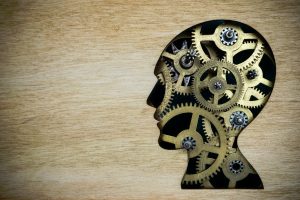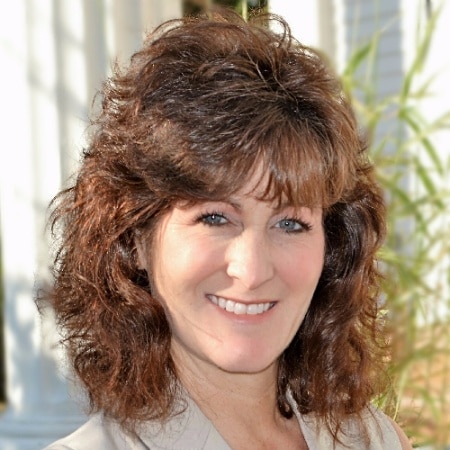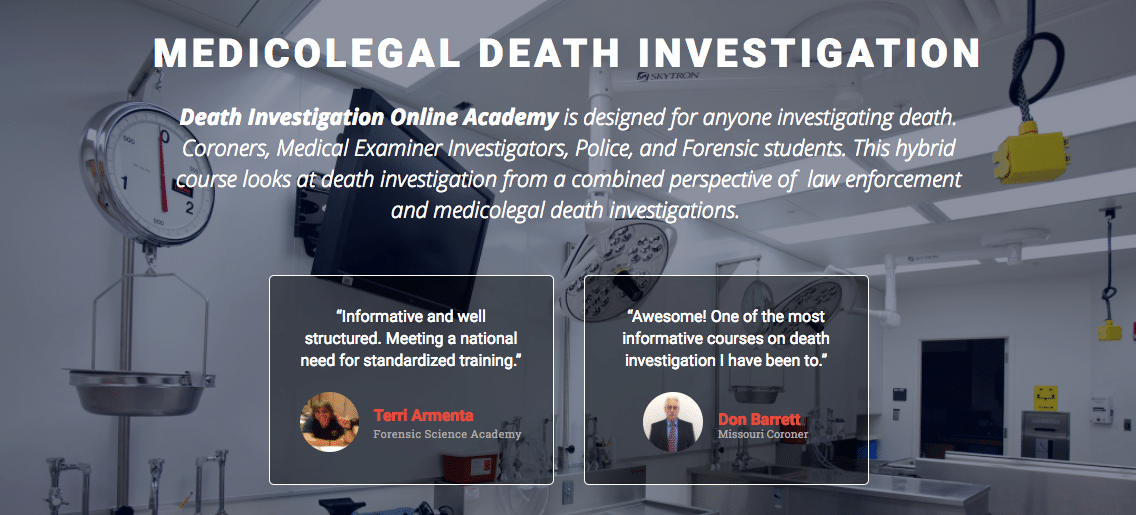
Psychological autopsy is one of the most valuable tools of research on completed suicide as well as many other types of death. The method involves collecting all available information on the deceased via structured interviews of family members, relatives or friends as well as attending health care personnel. In addition, information is collected from available health care and psychiatric records, other documents, and forensic examination. Thus a psychological autopsy synthesizes the information from multiple informants and records.
In the aftermath of a person’s death, coroners will often begin immediately collecting information to complete the autopsy as quickly as possible while the evidence is still fresh. In the wake of a suicide, on the other hand, the process is much slower and far less exact. This is often because, from a research ethics perspective, it is considered unethical to impose upon surviving family and friends during the earliest part of the grieving process.
The psychological autopsy is a procedure for investigating a person’s death by reconstructing what the person thought, felt, and did preceding his or her death. This reconstruction is based upon information gathered from personal documents, police reports, medical and coroner’s records, and face-to-face interviews with families, friends, and others who had contact with the person before the death.
Who can do the psychological autopsy?
A psychological autopsy should usually be conducted by a psychologist or similar discipline, especially in high profile cases. However, the act of gathering information and witness statements can be done by an investigator. This information is then compiled and assessed to help in determining the manner of death. The manner, ie suicide, would then be based largely on the scene information, mechanism of death and the preponderance of the information gathered from the historical information. This, in essence, is what a psychological autopsy is. But keep in mind that an extensive determination and information gathering could take days or even months to complete.
 Episode Guest – Michelle Doscher Ph.D
Episode Guest – Michelle Doscher Ph.D
A forensic scientist specializing in investigative psychology and crime scene investigation. Diversified experience as an investigator, interviewer, instructor, expert witness, and an analyst. Currently conducting research in the transference of psycholinguistic cues to handwriting during deception. The current quantitative method unites psychological and physical evidence for more concise investigative leads, with expected applications for criminal interrogations and loss prevention interviews.

 Free 12 week email course. Receive a new training and video to your inbox every week for 12 weeks. This is real training and will give in detailed actionable steps to becoming a better investigator. Sign up today at:
Free 12 week email course. Receive a new training and video to your inbox every week for 12 weeks. This is real training and will give in detailed actionable steps to becoming a better investigator. Sign up today at:
 Medicolegal Death Investigation – Online Academy
Medicolegal Death Investigation – Online Academy

The Death Investigation Training Academy was founded to play an integral role in the death investigation community. The need for quality accredited training is in short supply and high demand. Using a combination of classroom training, live on site scenario exercises, and web-based training, the Death Investigation Training Academy is filling the need of 21st-century investigators.


 This exclusive first of its kind Medicolegal Death Investigation (MLDI) kit contains all the items you need to document and collect evidence from the most important piece of evidence at any death scene – The Body. Designed for Coroners, Medical Examiner Investigators, and anyone responsible to investigate and process a death.
This exclusive first of its kind Medicolegal Death Investigation (MLDI) kit contains all the items you need to document and collect evidence from the most important piece of evidence at any death scene – The Body. Designed for Coroners, Medical Examiner Investigators, and anyone responsible to investigate and process a death.